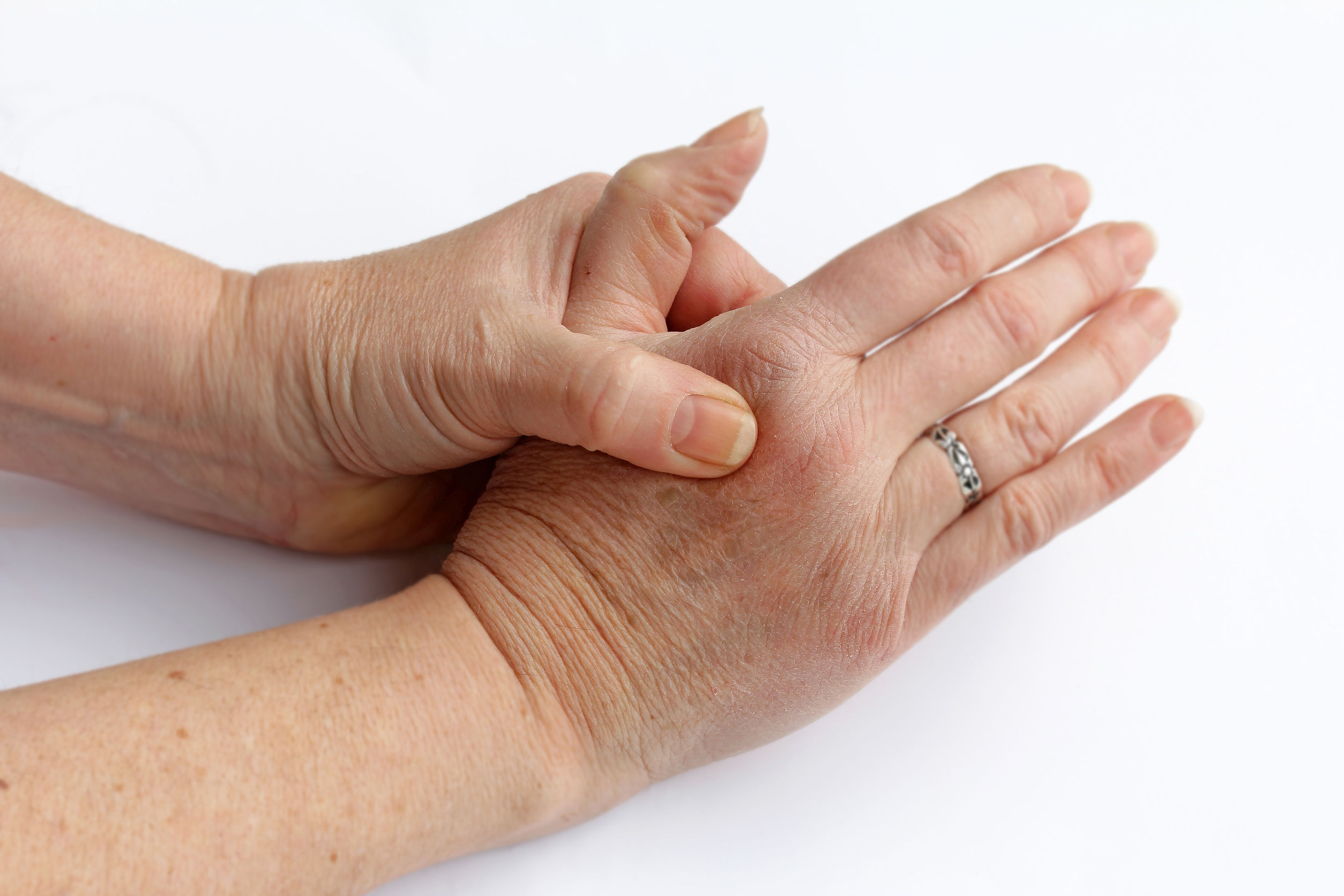Since the COVID-19 pandemic, a lot has changed worldwide in people’s everyday life. Due to the highly infectious nature of the virus, we have all noticed some drastic changes in personal care habits. This includes actions such as increased use of hand sanitisers, cleansing products and the introduction of personal protective equipment (PPE) into one’s daily routine. For many people, their hand washing frequency has also significantly increased. In February of 2020, an article jointly written by the China Dermatologist Association, the Chinese Society of Dermatology, and the National Clinical Research Center for Skin and Immune Diseases addressed the effects of these new habits on the skin and subsequently provided some recommendations.
Main changes in habits
One of the main changes in personal care habits is naturally hand hygiene, as this is thought to be the single most important means by which the spread of the virus can be prevented. Based on the published article, hand sanitising or hand washing with a detergent and water is recommended before many common activities. This includes putting PPE on, before, during and after taking PPE off, before eating and drinking, before and after using the toilet, and after arriving home from having been out. Wearing gloves should not be considered a substitute for hand hygiene.
With regards to PPE such as face masks, which have a more significant impact on personal care habits, each country and region are subjects to differing regulations on whether their use is just advised or mandated. Therefore, people should follow the regulations from the relevant government with regards to when and where face masks should be used.
Consequences and recommendations
Intensified hand hygiene and cleansing may increase the incidence of skin dryness and dermatitis. To reduce the sustained damage of skin barrier caused by soaps and other alkaline detergents, foamless cleansing products containing moisturizing ingredients are recommended. Where possible, applying a hand cream or emollient after hand sanitiser or extended use of gloves is advisable to replenish skin moisture.
Wearing facial masks may also cause skin dryness. To avoid this, it is important to wear a properly fitted mask made from non-irritating material. It may also help to wear masks in various styles (for example, alternating between ear straps and a strap that goes around the head). This can avoid sustained, repeated friction and pressure on the same sites. Moisturising both before and after using facial protection is the best course of action to maintain healthy skin on the face, in addition to washing the affected areas to prevent any build ups of dirt and oil.
Additional changes in habits
A recent study on the hygiene and personal care habits of Polish women has highlighted other interesting changes. These may be observed in many other countries as well. A questionnaire completed by 140 women revealed increased handwashing and showering upon arriving home and after using local city transportation. However, the number of people washing their hair decreased slightly. Overall, there is an increasing hand cream use and decreasing use in makeup and nails cosmetics as well as fragrances. Almost half of the participants declared that they will likely maintain these new habits also after the pandemic has ended, meaning that the effects of COVID-19 on personal care habits might be seen over a longer time period. The results of this study are not only interesting with regards to hygienic behaviour analysis, but also to examine the use of certain types cosmetics in extraordinary situation when people have reduced social contacts.
More time spent at home and certain government restrictions have also brough changes in other consumer habits including the way we purchase – i.e. increase in on line vs in store sales – and our preferences – i.e. skin and hair treatments that can be used at home as opposed to in salon treatments. Staying indoors can also mean we are getting less natural light, possibly leading to paler skin or deficiencies in certain vitamins.
Many opportunities to benefit individuals’ lives
Health and wellbeing are certainly everyone’s priority at the present times. While the worldwide surge in production and sale of hand sanitisers and protective masks has been well documented, it is important for the cosmetic industry to also concentrate on new opportunities that have arisen. COVID-19 has increased certain hygiene behaviours in people compared to the past. Additionally, cosmetic products use has changed for the advantage of hand and facial creams and other at home treatments. The focus should be maintaining skin health and beauty throughout the Pandemic with effective products that can also be purchased on the internet and used easily at home. Cosmetic products could play an important role in fulfilling that sense of wellbeing and comfort that consumers are craving now more than ever.
References:
Yan, Y, Chen, H, Chen, L, et al. Consensus of Chinese experts on protection of skin and mucous membrane barrier for health‐care workers fighting against coronavirus disease 2019. Dermatologic Therapy. 2020;e13310. https://doi.org/10.1111/dth.13310
Mościcka, P, Chróst, N, Terlikowski, R, Przylipiak, M, Wołosik, K, Przylipiak, A. Hygienic and cosmetic care habits in Polish women during COVID‐19 pandemic. J Cosmet Dermatol. 2020; 19: 1840– 1845. https://doi.org/10.1111/jocd.13539




